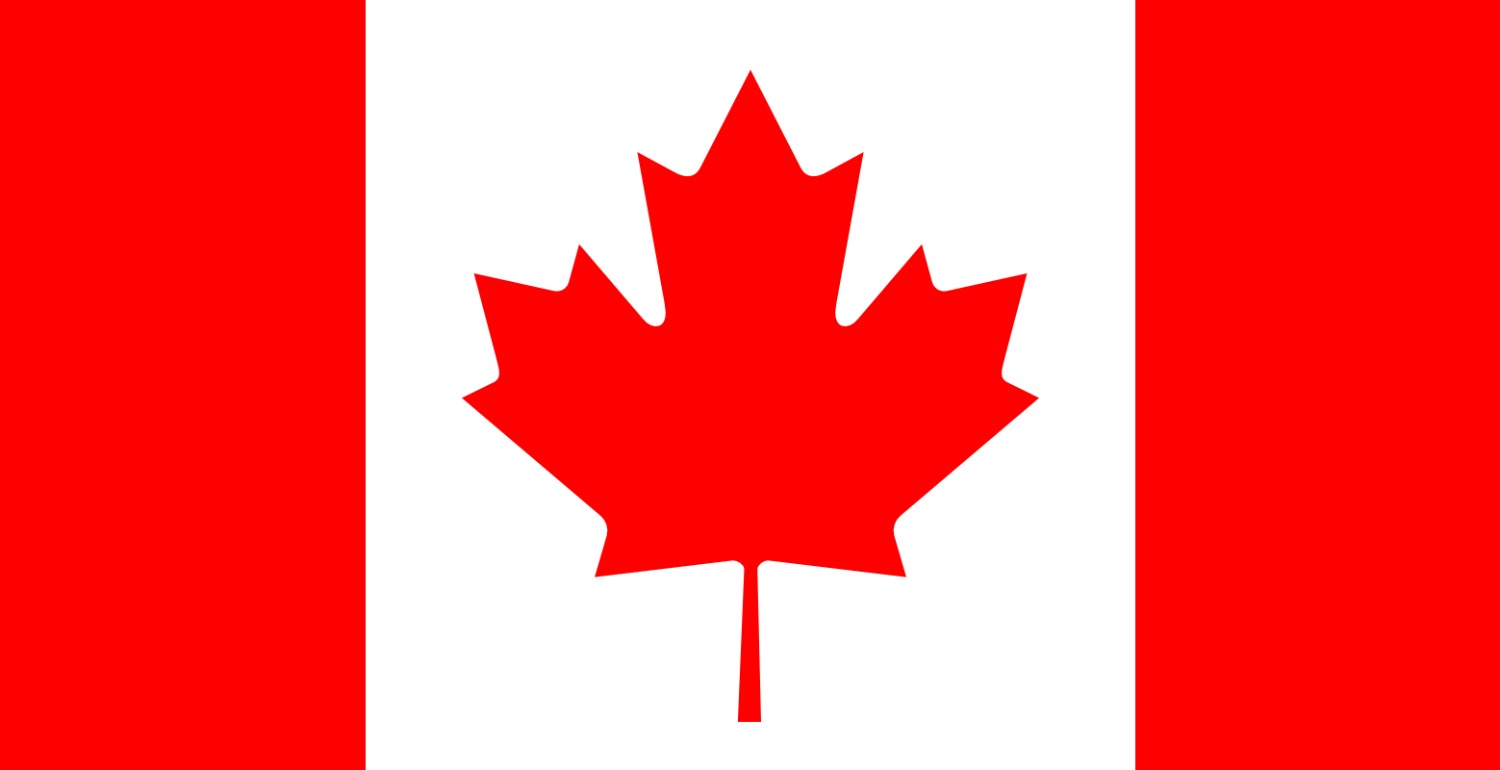By Shelly Han
Policy Advisor
The oil, gas and mining sector play an important part of Canada’s economy, not only in terms of its domestic industry, but also the global reach of Canada’s extractive companies and the importance of its capital markets for international mining companies. According to recent reports, Toronto is the mining finance capital of the world, raising 30 to 40 per cent of the world’s mining equity almost every year, and Canadian mining companies account for a world-leading 40 percent of global exploration expenditure.
With passage of the Dodd-Frank Wall Street Reform and Consumer Protection Act in 2010, a new law was created that requires greater transparency by oil, gas and mining companies in all markets, both domestic and international. The law, sponsored by Senators Ben Cardin and Richard Lugar, requires all companies listed on U.S. stock exchanges to report to the Securities and Exchange Commission (SEC) the payments they make to U.S. and foreign governments for natural resource exploration and extraction. The SEC rule to implement this law is currently being drafted and will become final in early April of 2011.
In order to make this transparency initiative even more effective, supporters of the measure are working to enact similar initiatives in other major capital markets such as the EU, Canada, Hong Kong and elsewhere. On January 18, 2011, the Publish What You Pay Coalition of Canada convened a roundtable discussion to consider ways that Canada might harmonize its exchange reporting regulations with the new requirements enacted in the United States. At the event were key players in the Canadian extractives industry sector, the regulatory agencies, academics and non-governmental organizations. Strong support was expressed by some participants for harmonization with the U.S. because of Canada’s pivotal role in providing mining capital. And even though Canadian companies and the Canadian Government have made a tremendous push toward increasing corporate social responsibility in the mining sector, it was noted by one of the participants that Canada is about to be severely criticized by the Organization for Economic Cooperation and Development (OECD) following completion of an assessment of their enforcement of anti-bribery laws.
During the discussion, the participants noted that a complicating factor in harmonization was the fact that Canadian capital markets are administered at the provincial and territory-level, meaning that unlike the practice in the United States where this is just one federal regulator, Canada has 13 separate securities regulators. Currently pending legislation in the form of a draft Securities Act, however, may create an overarching federal securities body, but some participants expressed doubt about the passage of this bill. Even absent creation of a federal agency, some participants noted that if the major exchanges in Toronto and Ontario moved to harmonize first, then other provinces were likely to follow suit.
Regardless, Canadian regulators are unlikely to move forward until a final SEC rule is issued in April. At that time groups such as the Publish What You Pay Coalition and others will likely move forward with a renewed push for harmonization with new global standard on transparency for the extractive industries.






